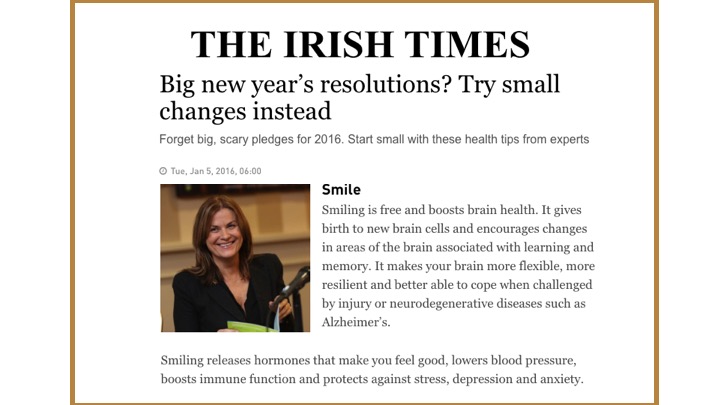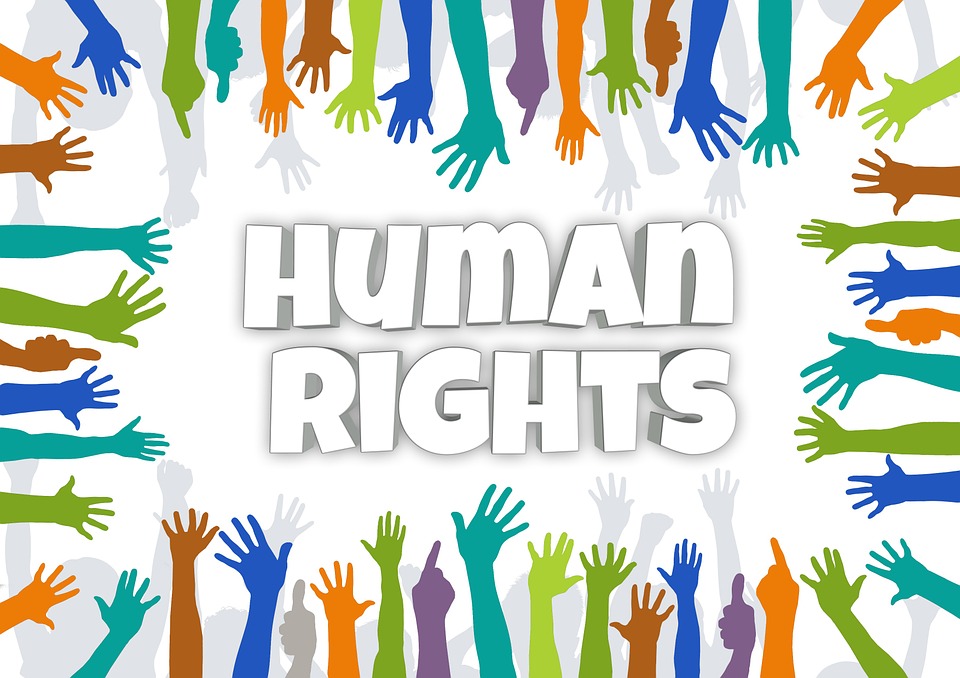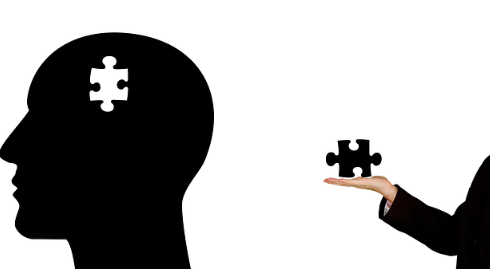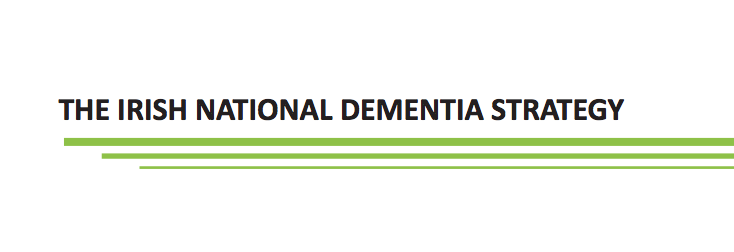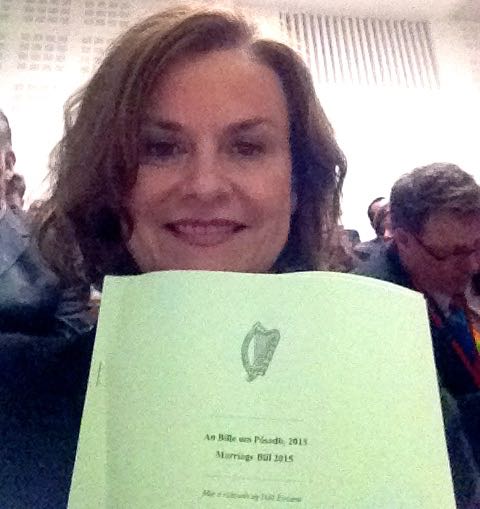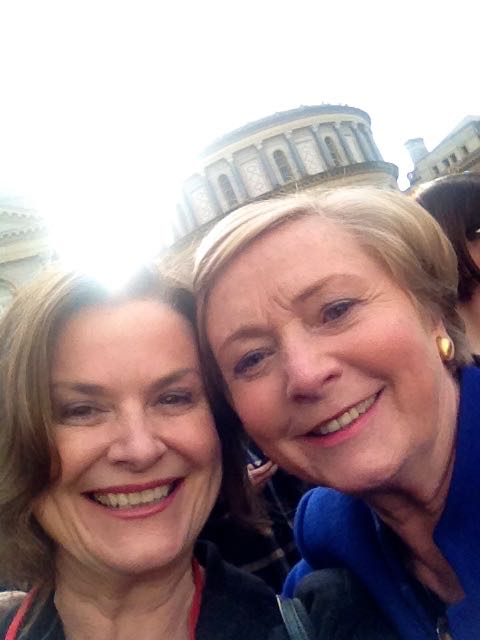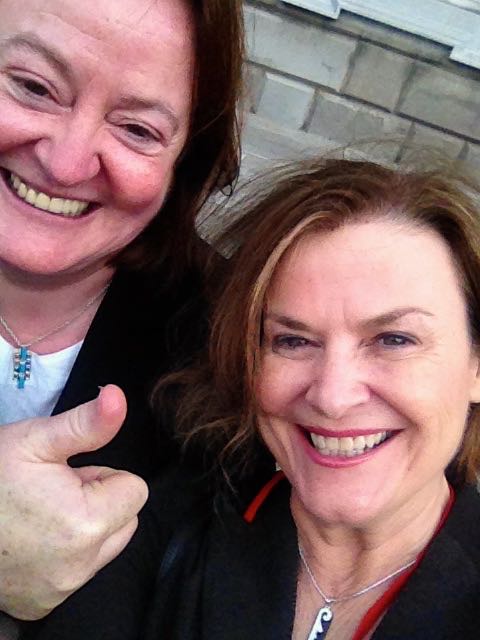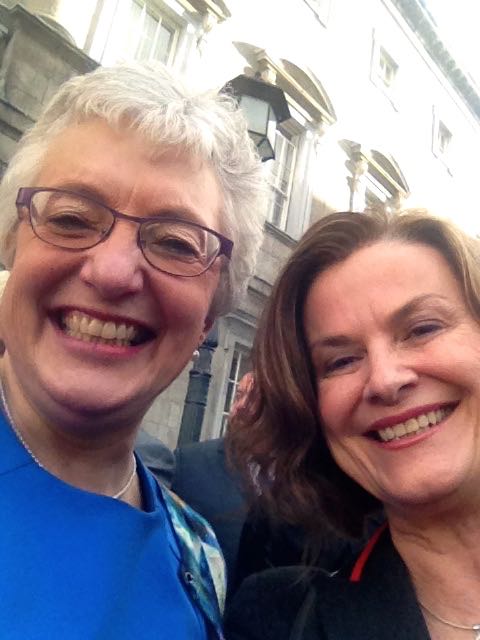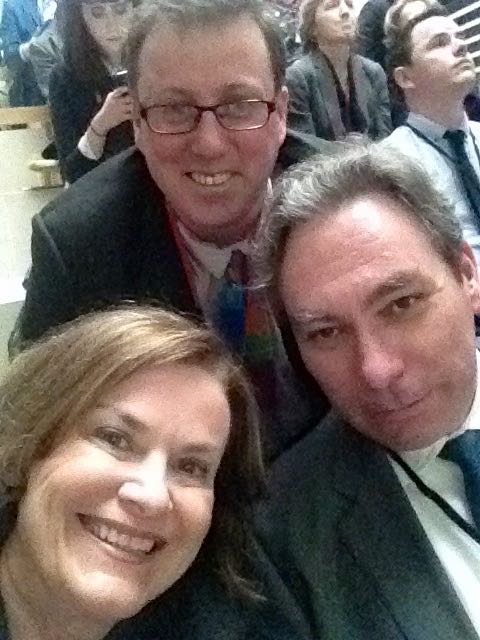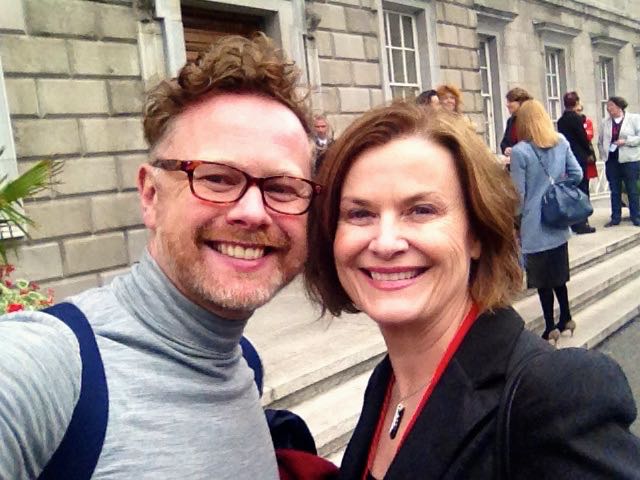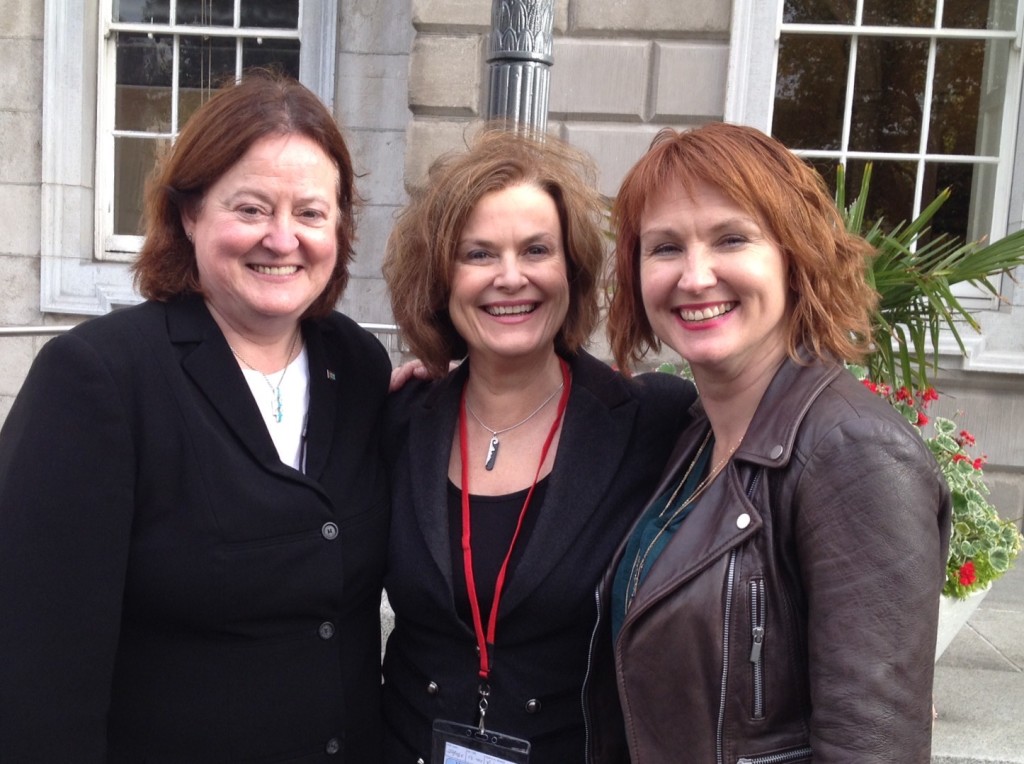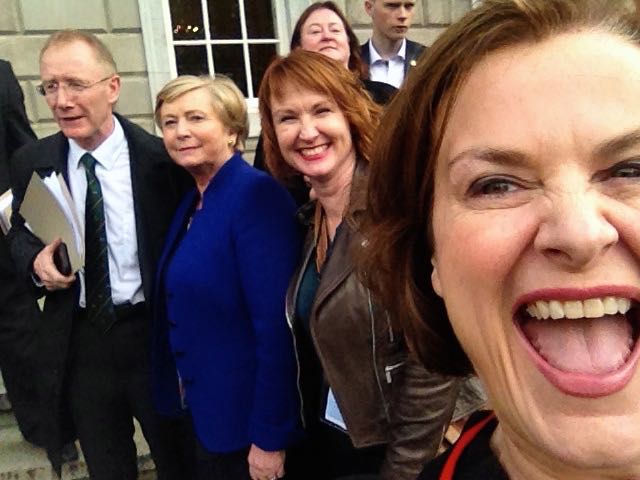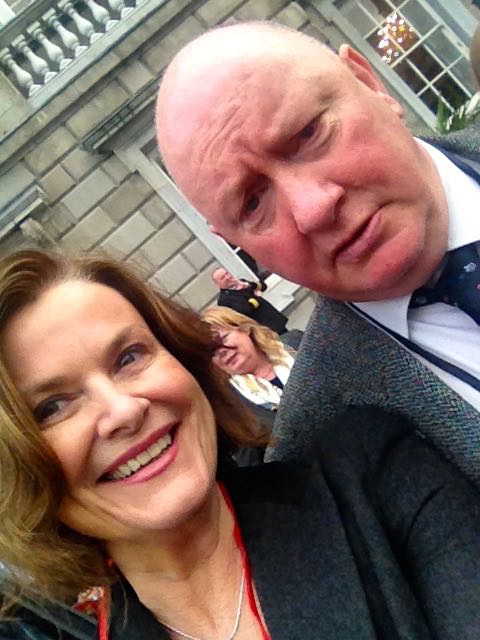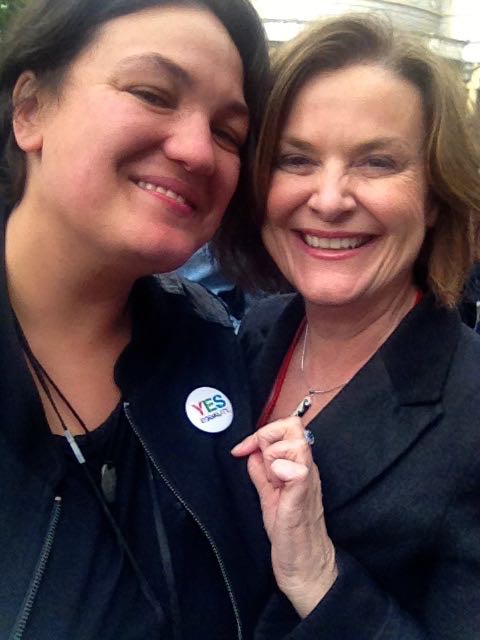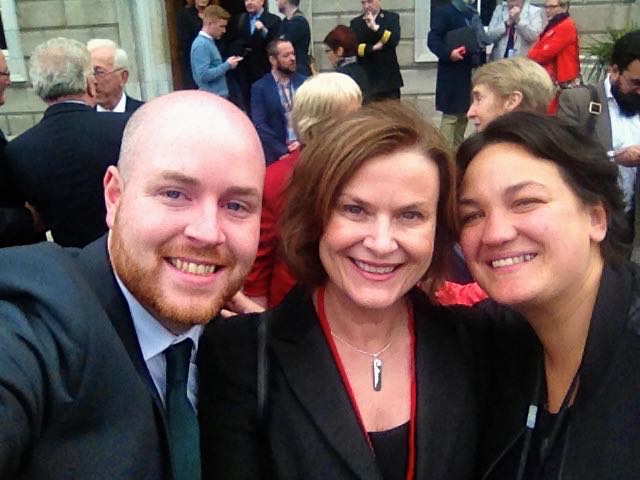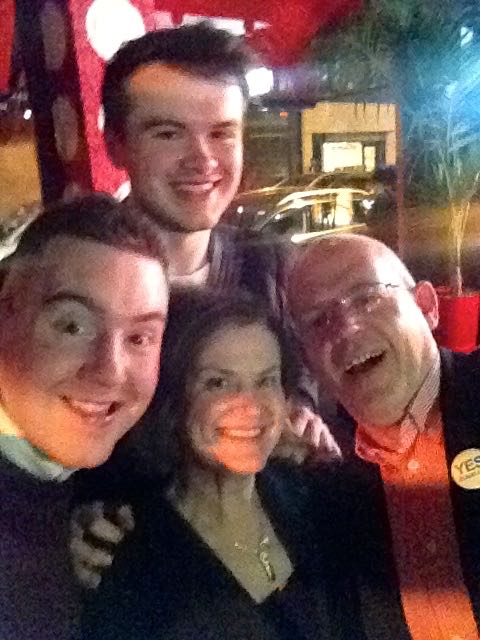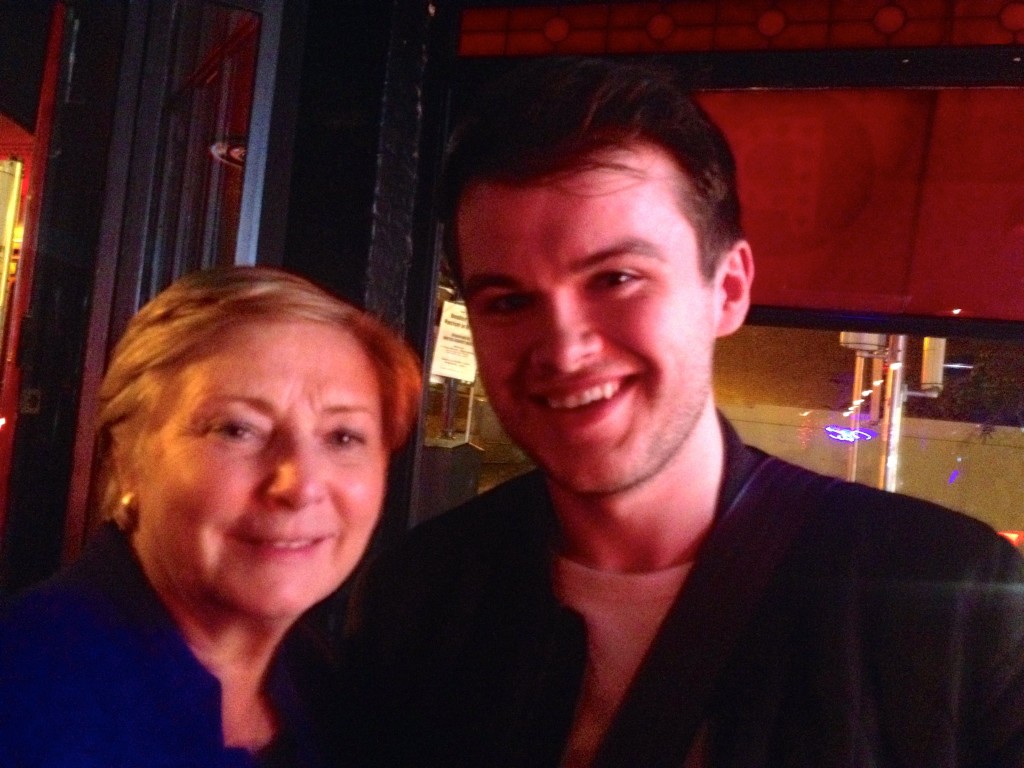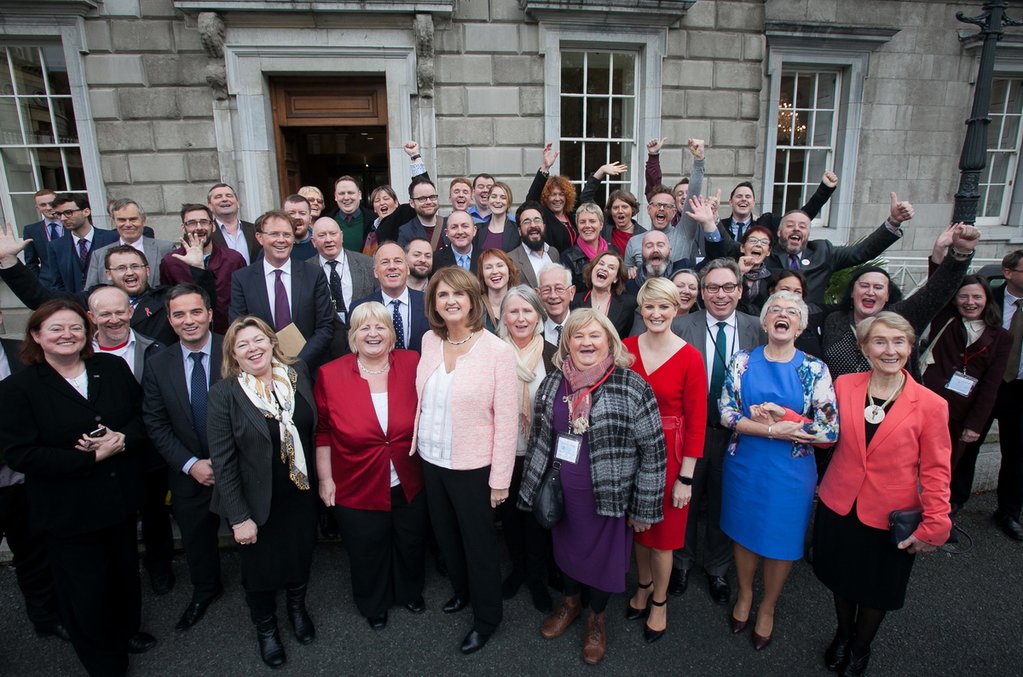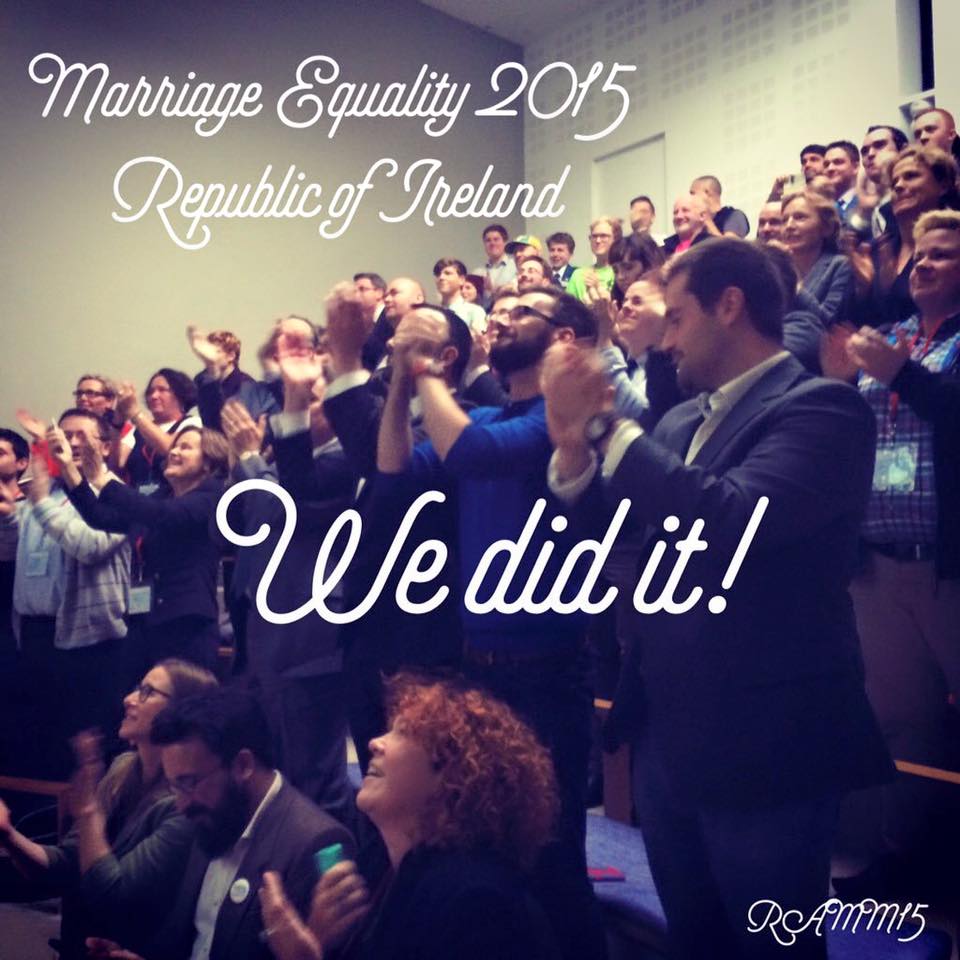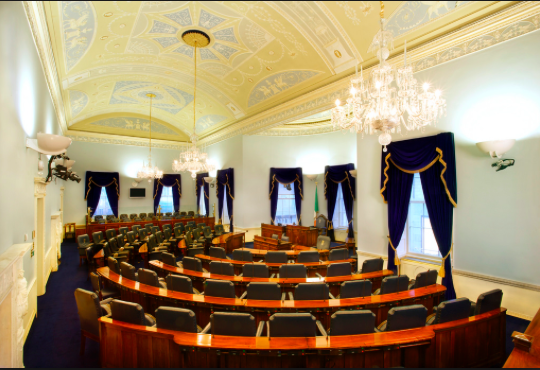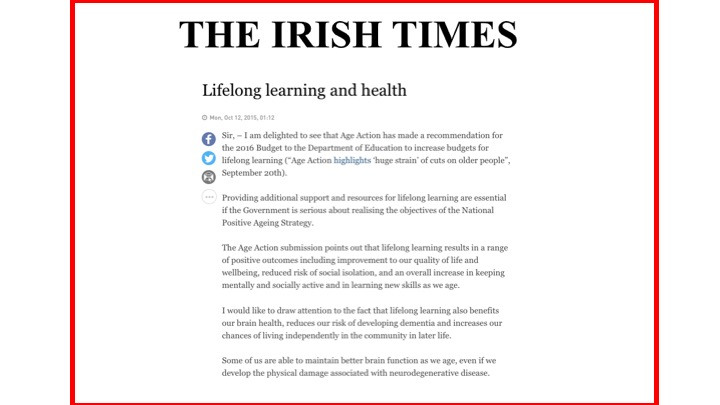Today is Human Rights Day.
We don’t have to look far for human rights violations.
Ask anyone with a relative living with dementia, or intellectual disability or indeed people living with mental health issues.
We violate the human rights of the most vulnerable in our society on a daily basis.
We have no right to the moral high ground.
The majority of international human rights treaties that Ireland has ratified have not been incorporated into law.
A dualist legal system operates in the State such that ratification of international treaties does not have automatic effect at domestic level.
Its seems that ‘what the neighbours think is more important than what we actually do.” In Ireland we violate the rights of the most vulnerable in our society, not occasionally but frequently and regularly, in some cases daily.
We need to call out these violations and we need to tackle ageism. Ageism is a serious issue. It is so ingrained in our psyche that most of us routinely accept that it is ok to treat older patients differently to younger patients. That in itself is a violation of our right to equal treatment irrespective of age. Ageism is simply an excuse to treat older adults as less.
Reading the newspaper’s you would think that older adults are a drain on the Irish healthcare system, dragging it under. The fact of the matter is that less than 5% of adults over 65 are frail or living in full-time care. Furthermore it costs more to treat younger people than older people – for a number of reasons, but arguably some of these reasons are a consequence of ‘ageism’ where younger people have their ailments investigated and treated, while older adults are frequently told, often for the same ailment, that it is their age and there is no need to investigate or indeed to treat.
The reality is that health spending on older adults decreased from 1.7 billion per annum in 2008 to 1.4 billion in 2013. Sounds like a lot of money. But let me put that in perspective.
We invest 11 billion annually in the health of our children. Our children are important but so are our parents, so are we and so are our children who will one day be old. Lets demand change, lets not confine our parents, ourselves or our children to the scrap heap. We all deserve to be treated equally and with dignity and respect.
Time to honour the human rights of all citizens irrespective of age.
Time to put an end ageism in Ireland.
Better awareness and understanding is one of the key priority actions of the National Dementia Strategy (NDS) published in December 2014.
Given my own research in dementia prevention, my work raising awareness of brain health and dementia risk and my work addressing stigma I particularly welcome the priority actions around improving understanding and awareness.
The HSE Health and Wellbeing Division have been tasked with the development and implementation of a campaign under the joint Atlantic Philanthropies, HSE, Department of Health Programme to accelerate the implementation of key elements of the NDS.
The Campaign Steering Group are currently engaging in a number of activities which will inform the campaign and ensure that it is built on solid foundations.
A small group of dementia experts, including myself, from clinical, academic and community sectors have been chosen as a reference group to support and contribute to the development of the campaign.
Today I attended the first meeting of that group. After years of waiting for a national dementia strategy it was great to sit round a table with the communications teams that will be developing the campaign and with other experts to share our insights and try to shape and inform an effective and hugely important campaign.
Raising awareness of dementia is complex and the extent of misunderstand and misinformation that exists makes for a challenging landscape.
But important also to take heart in knowing that at least at last we are starting now and I for one am delighted to be involved in the process.
The National Dementia Strategy
It was fantastic to be in Leinster House to witness the Marriage Bill 2015 pass through its final stages in Seanad Éireann on October 22.
It was simply wonderful to celebrate this historic occasion in the company of the wonderful equality warriors that I had the privilege of campaigning with in the lead up to the referendum on May 22nd
Marriage Equality Celebrations
Frances Fitzgerald said:
“On 22 May 2015, the green jersey turned rainbow. Ireland, the first sovereign country to decide in favour of marriage equality by popular vote, decided decisively that the rights of the majority must also be extended to the minority. Headlines in newspapers across the world announced Ireland had become a world leader on marriage equality. The audacity of what we have achieved resonated internationally. What a fine record for a people to be celebrated internationally for our respect for human rights.”
“I would like to take a moment today to celebrate the heroism of the lesbian, gay, bisexual and transgender people, of their families, friends and neighbours, who changed the attitudes of the people. Theirs is a heroism for the modern age which is no less transformative in what it has achieved. Their achievements too will be recalled with pride in the decades to come.”
“The referendum decision and today’s Bill confirms that our nation is embracing the modern world and looking confidently to the future. Today is an expression of our hope for the future. Today we can be proud that our nation has taken its place among the nations of the earth as a champion of marriage equality and of the rights of all our people.”
A wonderful day and a wonderful example of what can be achieved when a nation comes together in the name of equality. Next steps to make Ireland more equal? I have highlighted some priority actions here.
The Marriage Act 2015
Marriage Bill 2015 Committee and Remaining Stages
Seanad Reform
Seanad Éireann needs to be restructured and reformed to bring it into line with international best practice for Second Houses of Parliament.
Reforms that I support include:
Retention of the vocational concept with legislative change to ensure access to nomination for as wide a range of candidates as is necessary to reflect the complexity and diversity of modern Irish society.
All 43 of the Panel seats for the vocational panels to be elected by popular vote.
Principle of one person one vote so that citizens who are eligible to vote in the university constituency must opt to vote either in that constituency or on one of the five panels available to all citizens.
Introduction of a system of online registration of voters and downloading of ballot papers
The primary function of the Seanad, the scrutiny, amendment and initiation of legislation, be augmented so that Seanad Éireann can make a distinctive contribution to the work of the Oireachtas.
Procedures implemented to ensure that all Senators are qualified to ensure that the legislation that they scruitinise, amend or initiate is equality and human rights compliant.
Report of the working group on Seanad Reform 2015
The Role of the Seanad Éireann
The main business of Seanad Éireann (Senate of Ireland) is the revision of legislation sent to it by Dáil Éireann. The Seanad is the upper house of the Oireachtas (the Irish legislature), which also comprises the President of Ireland and Dáil Éireann (the lower house). It is commonly called the Seanad or Senate and its members senators (Seanadóirí in Irish, singular: Seanadóir).
Seanad Éireann can initiate and revise legislation but under the Constitution its legislative role is restricted in that it cannot initiate Money Bills (i.e. financial legislation), and can only make recommendations but not amendments to such Bills.
The fact that a Dáil Bill must be examined also by Seanad Éireann is a safeguard against legislation being enacted too quickly. In addition to its legislative role, Seanad Éireann also debates important issues. As the Government is constitutionally responsible to Dáil Éireann, Seanad Éireann can debate these issues with greater freedom because the fate of the Government will not be at stake.
Seanad Éireann cannot delay indefinitely legislation which has already been passed by Dáil Éireann and cannot initiate Bills to amend the Constitution.
The Electorate and Voting System
Every citizen of Ireland over 21 years of age who is not disqualified by the Constitution or by law is eligible to be elected to the Seanad.
The Seanad is composed of 60 members, 11 members are nominated by the Taoiseach, 43 are elected from panels of candidates representing specified vocational interests and 3 members are elected by university graduates in the National University of Ireland and 3 members in the University of Dublin (Trinity College). Every citizen of Ireland who is at least 18 years old and who has received a degree, other than an honorary degree, from the university concerned is entitled to be registered as an elector.
A general election to the Seanad must take place not later than 90 days after the dissolution of the Dáil. Within 7 days of the dissolution of the Dáil the Minister for the Environment, Community and Local Government is required to appoint the relevant dates for the conduct of a general election of the Seanad. A returning officer of the University concerned conducts the election.
Voting is by post and the election is held in accordance with the principles of proportional representation each elector having a single transferable vote. When issuing ballot papers, the returning officer also issues a form of declaration of identity that must be completed by the elector in the presence of a witness and returned with the ballot paper. The count is conducted in the same manner as a count at an election of the members of the Dáil.
To register to vote in the Seanad election download this form and return asap it to:
Student & Graduate Records Team, Academic Registry, TCD
The law relating to the election of members to the Seanad is contained principally in:
Article 18 of the Constitution
Article 19 of the Constitution
The Seanad Electoral (Panel Members) Act 1947
The Seanad Electoral (Panel Members) Act 1954
The Seanad Electoral (University Members) Act 1937
The Electoral Act 1997
The Electoral (Amendment) Act 1998
Electoral (Amendment) Act 2014


